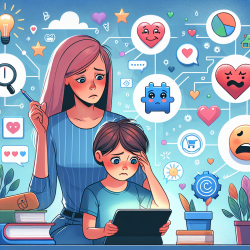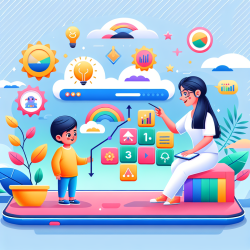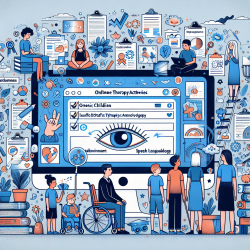Introduction
The COVID-19 pandemic has significantly altered the daily routines of children worldwide, resulting in increased screen time due to extended school closures and limited social interactions. A recent study titled "Media screen time use and mental health in school aged children during the pandemic" explores the impact of these changes on children's mental health, specifically focusing on internalizing and externalizing behaviors.
Key Findings
The study revealed several critical insights:
- Children's average daily screen time was approximately 4.40 hours at the beginning of the study and slightly decreased to 3.89 hours after one year, with no significant change across the school year.
- Increased screen time was associated with a greater incidence of internalizing behaviors, such as anxiety and depression.
- Parental stress was positively associated with both internalizing and externalizing behaviors in children.
- There was no significant association between screen time and externalizing behaviors, but parental stress was a strong predictor of such behaviors.
Implications for Practitioners
As a practitioner working with children, understanding the relationship between screen time, parental stress, and children's mental health is crucial. Here are some strategies to consider:
- Screen Time Management: Encourage parents to monitor and limit their children's screen time to align with recommended guidelines. This can help reduce the risk of developing internalizing behaviors.
- Parental Support: Provide resources and support to parents to help them manage stress. This can include stress management workshops, counseling services, and parenting strategies to create a supportive home environment.
- Holistic Approach: Address the broader context of children's lives, including physical activity, sleep, and social interactions, to promote overall well-being.
Encouraging Further Research
The study highlights the need for continued research into the long-term effects of pandemic-related lifestyle changes on children's mental health. Practitioners are encouraged to stay informed about emerging research and consider participating in studies to contribute to the growing body of knowledge.
Conclusion
The pandemic has underscored the importance of understanding the interplay between screen time, parental stress, and children's mental health. By implementing targeted interventions and supporting families, practitioners can play a vital role in mitigating the negative impacts of these factors on children's development.
To read the original research paper, please follow this link: Media screen time use and mental health in school aged children during the pandemic.










